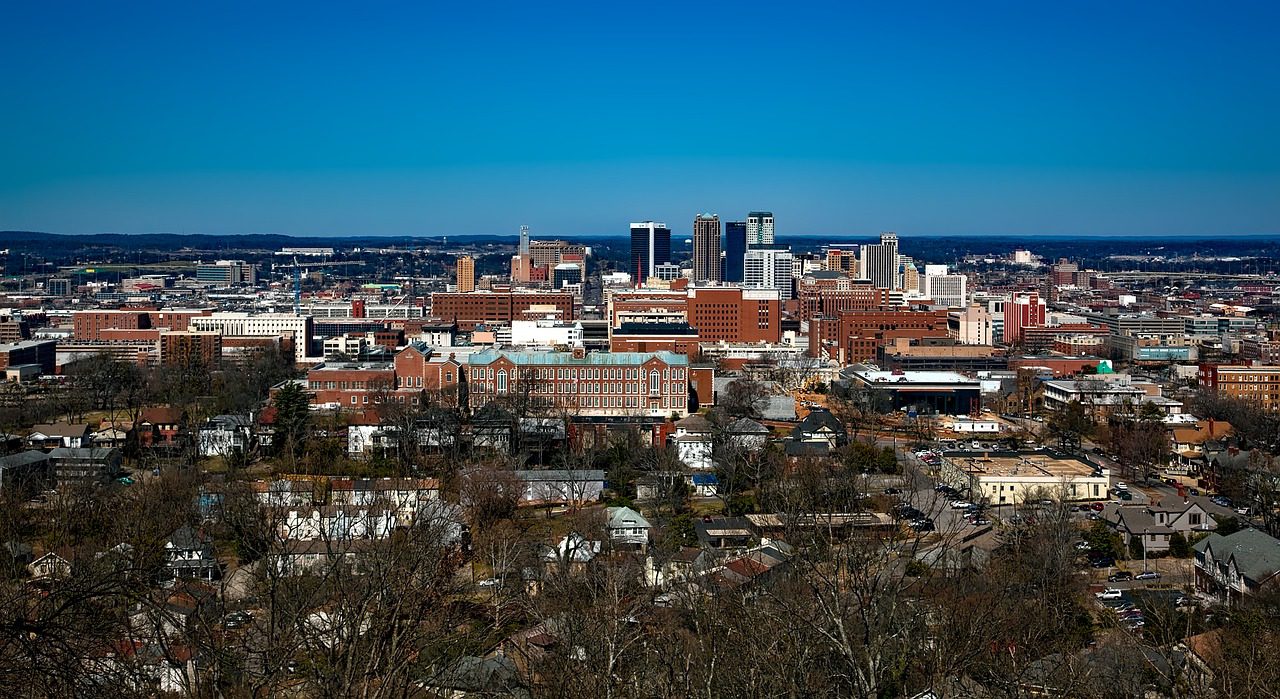Birmingham and the surrounding West Midlands is seeing an “economic renaissance”, but Mayor Andy Street wants more government investment away from London to keep the momentum going.
Billions of pounds worth of investment has transformed Birmingham into one of the most important major cities in the country over recent years, which has been reflected in the property market. One prime example of this regeneration is in the Ladywood area of the city (B16), which made headlines last year after house prices there jumped by 17% in the year to July 2017, despite being named the UK’s poorest area. Since then, swathes of investors and young professionals, including many London-leavers, have arrived in the area, fundamentally changing the face of it.
[crb_image link=”https://www.buyassociationgroup.com/en-gb/advice/property-investment-starter-course/” image=”https://cdn2.hubspot.net/hubfs/1717782/Asset_Store/WebCTA/cta.jpg” align=”left”]
It is this level of investment that West Midlands Mayor Andy Street wants to see across the region as a whole, including other areas of Birmingham, to help balance the UK economy, particularly after some major international companies have set up offices there, including HSBC, Jaguar Land Rover and BBC 3.
Mayor Street said: “The West Midlands today is seeing an economic renaissance, with wages growing faster than any other region… But with this renaissance well underway, why is it still so difficult to get these 1,150 new homes built in a prime canalside location like Icknield?
“Developments find it difficult to be considered ‘value for money’ compared to sites in London and the south-east, because the economic impact of any public funding is measured by looking at the potential for land values to increase. Even with its dynamic economy and HS2 arriving soon, the price of land in the West Midlands is no match for the commuter belt around London.”
Soaring house prices
According to research by Savills, house prices in the West Midlands are expected to rise 14.8% over the next five years, which is above the UK average of 14.2%, meaning ample opportunities for investors who buy property in the area now.
If Mayor Andy Street secures extra funding from the government to build new homes and transform areas, on top of factors such as the impending HS2 and other transport investments making the region more accessible to the rest of the UK as well as internationally, it seems that Birmingham’s growth is still a long way from hitting its peak.
Street adds: “It’s not just the West Midlands that has these ambitions. Today I am meeting with Mayors from around the around the country, Conservative and Labour, to make an offer to the government.
“We all have brownfield sites which have been derelict for years, and we need the financial muscle of the government to get them moving. We stand ready to get the diggers fired up, and build the homes we desperately need.”










